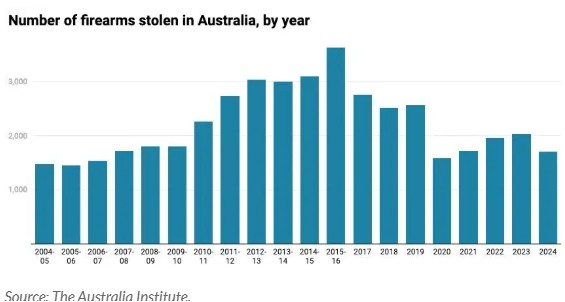This was slightly down on 2024 but, nevertheless, the CEO and executive group paid themselves $35.3 million, an increase of $2.4 million. CEO Andrew Irvine got a cool $5.6 million as remuneration in the year to September 2025.
NAB is Australia’s fifth largest company and third largest bank by market value. It accounts for 17% of all the loans to Australian residents. That includes 14% of housing loans and 22% of business loans, which means it is slightly biased towards its business customers.
Nevertheless, NAB is one of the big banks which, between them, control 72% of all Australian home loans. On average, they make $213,480 in pure profit from the average first home buyer paying off a 30 year mortgage.
“The NAB’s slightly lower profit has been described as “lukewarm” and “disappointing”. It is neither of those things. It is obscene,” said Richard Denniss, co-CEO of The Australia Institute.
“The lack of competition among the big banks in Australia comes at a huge cost to struggling homeowners.
“Just like the similar profit posted by Westpac a few days ago, this massive profit from home loans far exceeds the level of risk the bank undertakes.
“The federal government has a huge majority and therefore a huge opportunity to help take the burden off the people who need help the most.
